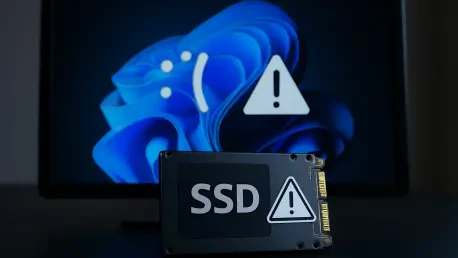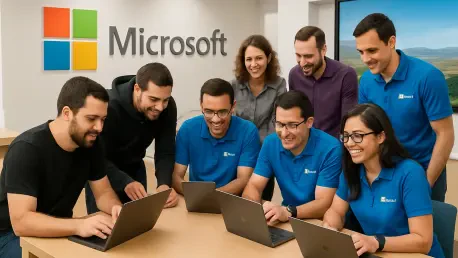
What happens when a routine software update transforms into a nightmare of vanishing data and broken drives for countless users worldwide, sparking fear and uncertainty across the tech community? Reports of SSD and HDD failures following a recent Windows 11 security update have sent shockwaves

In a landscape where app development can often feel like navigating a maze of financial and bureaucratic obstacles, a major tech player has taken a bold step to clear the path for creators worldwide. Microsoft has announced the elimination of the one-time $19 registration fee for individual

In an era where digital interactions dominate daily life, the safeguarding of personal information has become a paramount concern for users navigating the vast landscape of technology platforms, especially as new software updates and services roll out. With tech giants under increasing scrutiny for

I'm thrilled to sit down with Oscar Vail, a renowned technology expert whose insights into emerging fields like quantum computing, robotics, and open-source projects have made him a trusted voice in the industry. Today, we’re diving into the exciting world of automotive tech, focusing on Hyundai’s

The digital advertising ecosystem is abuzz with anticipation and a touch of apprehension as Apple’s latest operating system, iOS 26, currently in its beta testing phase, approaches its scheduled launch in September. This new iteration has drawn intense scrutiny from marketers, Google Ads

In an era where artificial intelligence drives unprecedented growth across industries, a staggering challenge looms over the market: the inefficiency of current hardware in handling AI inference workloads. As data centers grapple with skyrocketing energy costs and memory bottlenecks, the need for